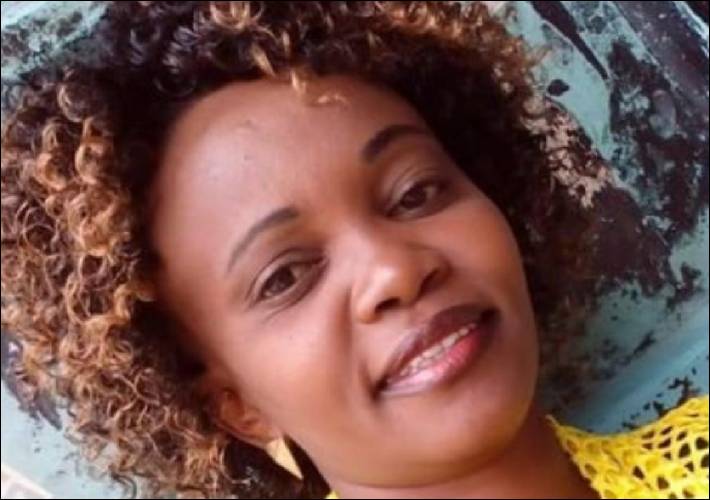
After a week of anxiety driven by the fear of an execution, human rights defender Caroline Mwatha was found in the Nairobi City mortuary. Forty-eight hours later, two independent pathologists concurred she died of excessive bleeding from a crude backstreet abortion. While discussions online have focused much on her, the findings also reveal much about our current state as a country.
Caroline Mwatha’s work as a case-worker for the Dandora Community Social Justice Centre was as risky as it was unglamorous. The cases often involved excessive use of force and abuse by police officers, unlawful killings as well as violence against women within the community. She spent most of her days interviewing victim’s families combing for evidence that could establish the circumstances of an unlawful killing.